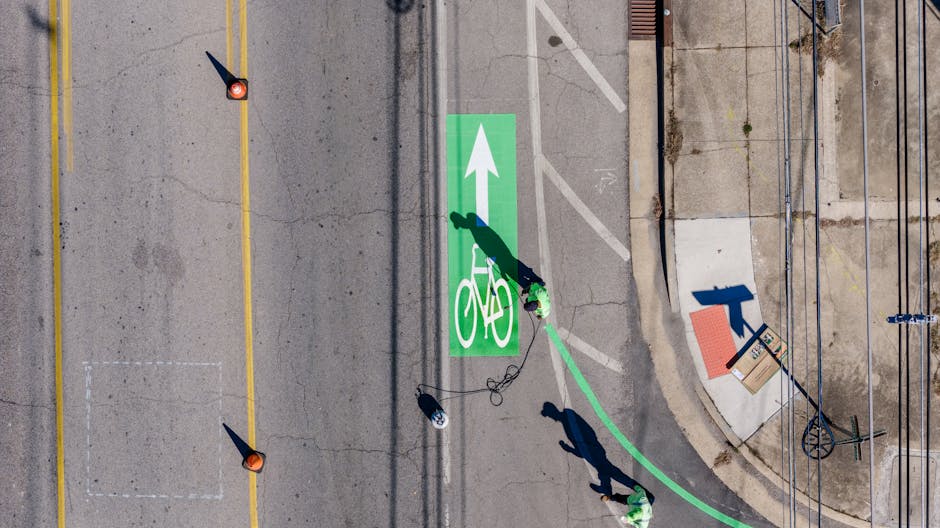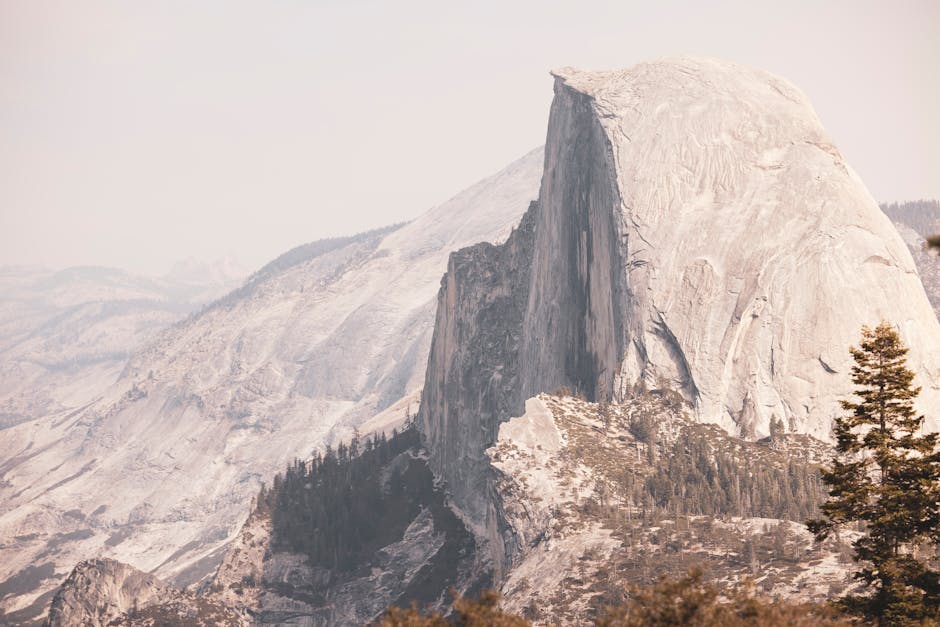Introduction: A Divided World
In 2024, two opposing visions dominate global discourse: Mahmood Mamdani’s cosmopolitan “global city” model and Donald Trump’s hardened nationalist project. This clash isn’t theoretical—it’s reshaping migration, economics, and identity politics worldwide.
Mamdani’s Global City: Beyond Borders
Ugandan-Indian scholar Mahmood Mamdani envisions cities as hubs of multiculturalism, where identity transcends nationality. His work critiques the nation-state as a colonial relic, advocating for decentralized governance in globalized urban centers like New York, Mumbai, and Johannesburg.
Key Arguments:
– Fluid Belonging: Citizenship tied to residence, not birthright.
– Local Governance: Cities as autonomous entities addressing diverse needs.
– Challenges: Rising nationalism threatens this model, as seen in India’s CAA protests.
Trump’s Nationalism: Walls Over Welcome
Donald Trump’s 2024 campaign amplifies his “America First” doctrine, prioritizing:
– Mass Deportations: Targeting undocumented migrants.
– Economic Protectionism: Tariffs and “Buy American” policies.
– Cultural Homogeneity: Opposition to multicultural narratives (e.g., critical race theory bans).
Global Echoes: Parallels include India’s Hindutva, Hungary’s Orbán, and Italy’s Meloni.
3 Key Battlegrounds
- Migration: Sanctuary cities vs. border militarization.
- Economy: Free-flowing capital vs. protectionist trade wars.
- Identity: Pluralism vs. nostalgia-driven nationalism.
India’s Dilemma: Global Ambitions, Nationalist Pressures
PM Modi’s dual strategy—courting Silicon Valley while advancing Hindu nationalism—highlights the tension. Cities like Bangalore thrive as global hubs but face growing majoritarian policies (e.g., NRC, CAA).
Conclusion: The Future Hangs in the Balance
The 2024 U.S. election and global votes will decide whether Mamdani’s inclusive cities or Trump’s exclusionary nationalism prevail. The stakes? Nothing less than the soul of modern governance.
— NextMinuteNews




